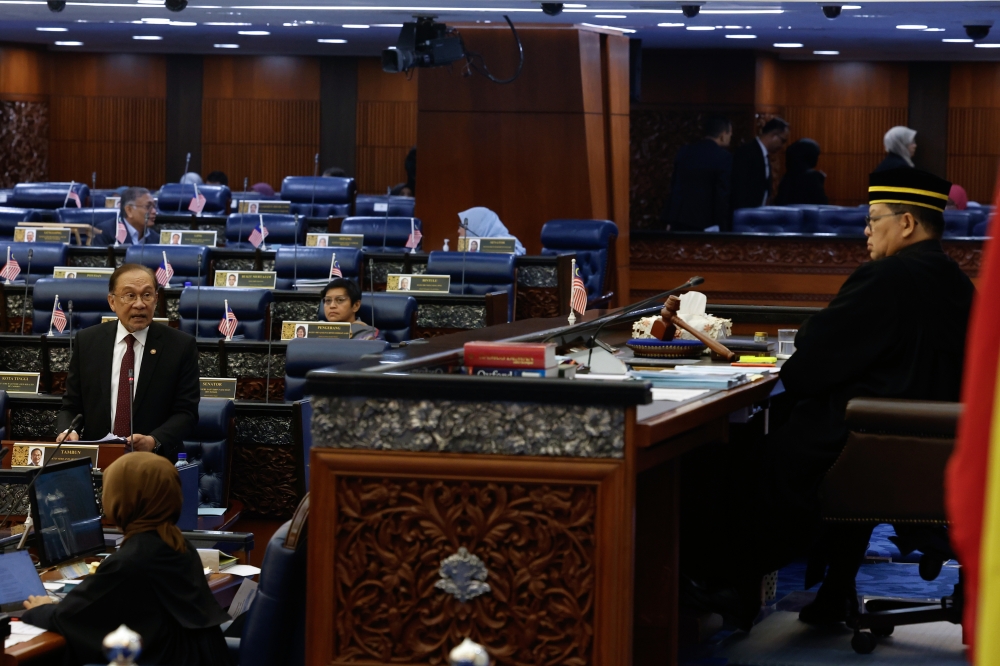AUGUST 28 — The recent incident in the Dewan Rakyat involving Datuk Seri Azalina Othman Said has once again raised questions about the quality of parliamentary debate. Instead of engaging with the substance of her presentation on the Legal Aid and Public Defence Bill 2025, the focus briefly shifted to her blouse.
Perikatan Nasional’s Hulu Terengganu MP, Datuk Rosol Wahid, interjected to question whether Azalina’s round-neck blouse was in line with parliamentary dress code. The rules are clear about a blouse being an adequate attire. Azalina herself clarified the matter with composure, and Deputy Speaker Alice Lau ruled that her clothing was well within the boundaries of the Standing Orders.
At one level, the exchange drew laughter. At another, it revealed a deeper problem, that parliamentary time can too easily be diverted to trivialities. When our MPs focus on necklines instead of laws, it reflects poorly on the seriousness of the institution.

The recent incident in the Dewan Rakyat involving Datuk Seri Azalina Othman Said has once again raised questions about the quality of parliamentary debate. — Bernama pic
Teo Nie Ching’s timely intervention
Amid this, Deputy Minister of Communications Teo Nie Ching stepped in to voice her concern. As Ketua Wanita DAP Kebangsaan, her intervention carried weight, that women in politics should not have to spend their time defending their clothing when they ought to be debating national policy. Teo’s reminder was simple yet necessary, that Parliament’s credibility rests on the quality of its debates, not on the scrutiny of attire.
Her remarks should be welcomed. They set the tone for how female leaders can respond with firmness and professionalism, while also drawing attention back to where it belongs – policy substance.
A question of priorities
The more troubling aspect is that the question came from an MP who has previously argued for harsher public punishments, including caning. If one champions discipline and moral authority in public life, one should model it in Parliament by engaging with ideas, not appearances.
This episode should remind us of what is at stake. When lawmakers reduce female MPs to their clothing, they risk reinforcing tired stereotypes that diminish women’s role in public life. Such moments also send the wrong signal to the rakyat, who expect their elected representatives to debate laws, not fabrics.
Looking ahead
Parliament is the highest forum of democracy in Malaysia. It must be a place where ideas are tested, policies are scrutinised, and the people’s concerns are heard. Allowing it to descend into commentary on attire undermines both its dignity and purpose.
If there is one lesson from this episode, it is this – keep your eyes on policies, not on policing female MPs.
* This is the personal opinion of the writer or publication and does not necessarily represent the views of Malay Mail.






